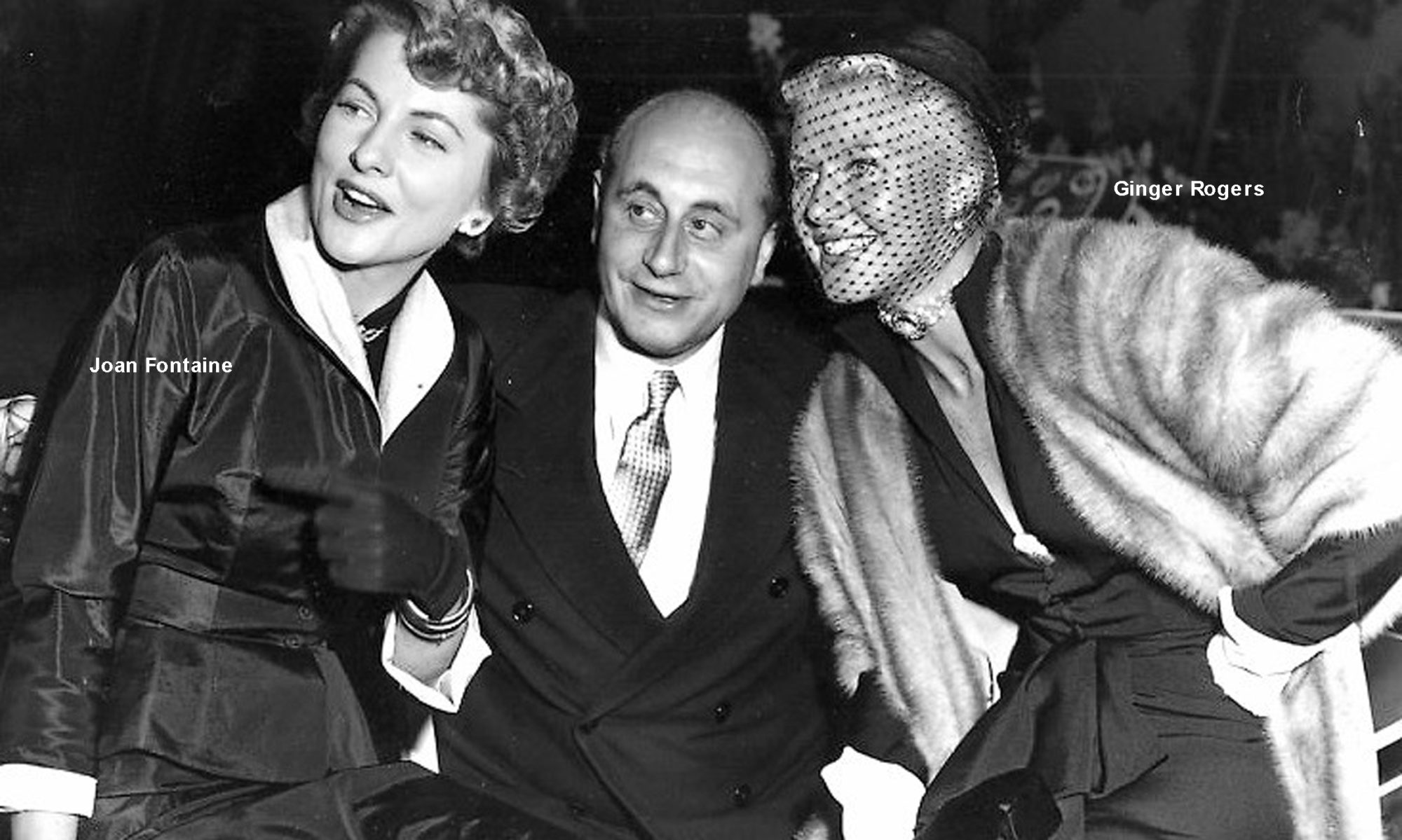Traffic lights were switched off through central Dublin and a Garda (police) escort was detailed to control the vast crowds who accompanied Louis Elliman on his last journey — just as they had for his father before him. Together with Louis’s family and most of Dublin’s Jewish community, dignitaries and personalities from every walk of life escorted, in Maureen Potter’s words, “this great and lovable man, this friend in need” to the Jewish cemetery at Dolphin’s Barn on November 15, 1965.
Among them were Dublin’s Lord Mayor Eugene Timmons, Commandant Jack O’Brien representing Ireland’s Taoisach (President) Seán Lemass, and MP Bobby Briscoe representing the nation’s President Éamon de Valera. The hundreds from Ireland’s the entertainment world included actors Noel Purcell, Hilton Edwards and Michael MacLíammóir, Abbey Theatre director Gavriel Allon, the Dublin Grand Opera Society’s Colonel Bill O’Kelly, Catholic Stage Guild chaplain Father Cormac Daly, and Irish Transport & General Workers’ Union Cinema & Theatre Branch vice president Frank Robbins, together with representatives of Equity, the Dublin Theatre Festival, the Cork Film Festival, the Gaelic League, the Theatres and Cinemas of Ireland, the Variety Club and the Cinema and Theatre Benevolent Society of Ireland.

“My endearing memory will be of a man whose word was his bond, and who has gone to rest with far more on the credit side of the Book of Life than many of us can hope for,” wrote Noel Moran in The Irish Independent. “Mr. Elliman followed in the footsteps of a great man, his father, and jealously guarded the good name of our people,” declared Herman Good, president of the Dublin Hebrew Congregation. Louis’s headstone reads: His kindness and gentleness will always remain in our hearts.
Louis Elliman, felled at age 62 by a coronary occlusion, “could reasonably be described as the greatest Irish theatrical impresario of the first half of the 20th century, and…a key figure in Irish cinema,” says the Historical Dictionary of Irish Cinema. He was “a super showman,” declaimed The Irish Times, “a very influential person in the Irish entertainment field…[who] from behind the scenes, has made generations of Dubliners happy,” and his death was “a profound loss.” The Irish Independent named him “Ireland’s Mr. Show Business,” and others hailed him as “a significant historical presence in national life…a national figure and a dominant Irish icon.”
More than 50 years since his death, some believe that Louis still frequents the Gaiety Theatre in Dublin’s South King Street, which he bought in 1936 and managed until his death, almost 30 years later. “He’s usually seen in the boardroom or by the fireplace in the dress circle bar, where he liked to sit,” recalled 88-year-old George McFall, Gaiety stage manager for 48 years, to The Irish Times in 2017. “There had been so many great performances on the Gaiety stage that they had to have left something of themselves behind.”
